The most controversial statements of Diana Iovanovici-Şoșoaca
What surprised the world Diana Sosoaca surprised by statements?
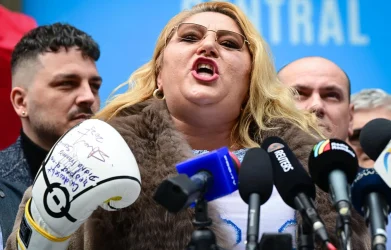
Diana Iovanovici-Şoșoaca has built a unique and often divisive position in Romanian politics. Initially chosen in the Senate on the gold lists (the alliance for the union of Romanians), it became quickly known for its combative style, nationalist rhetoric and a series of statements that lit both internal controversies and international tensions. His vocal nature provided him with a constant presence in the media, but often with the price of public scandal and diplomatic concern.
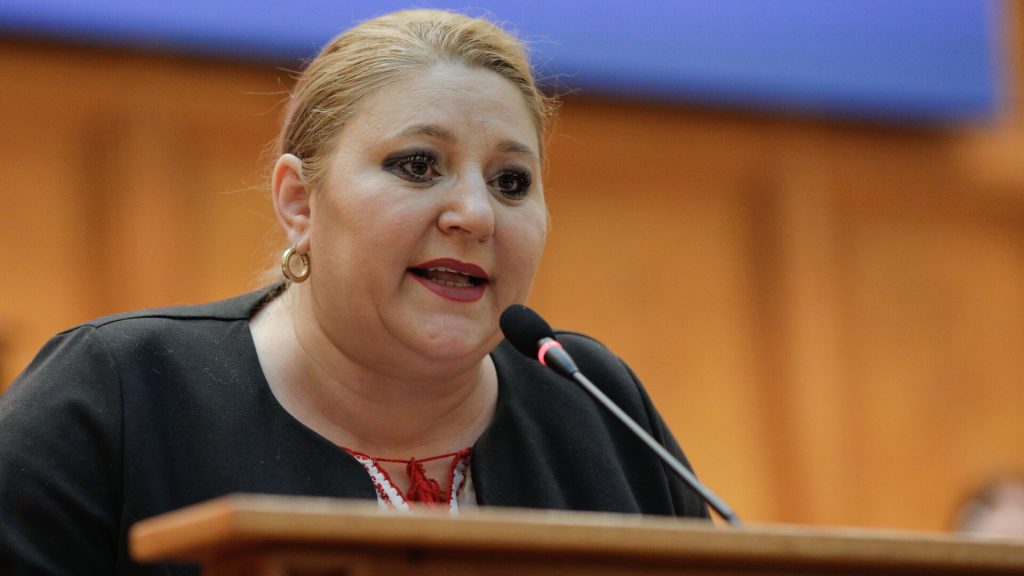
One of the defining aspects of the public image of the shock was outlined during the Covid-19 pandemic. It has become one of the most vocal critics of sanitary restrictions, attacking vaccination campaigns and questioning the legitimacy of protective measures. Cataloging vaccination as a "global experiment" and accusing the Romanian authorities of "serving foreign interests", the Şoșoaca has positioned themselves at the forefront of anti-restriction protests and conspiracy speeches.
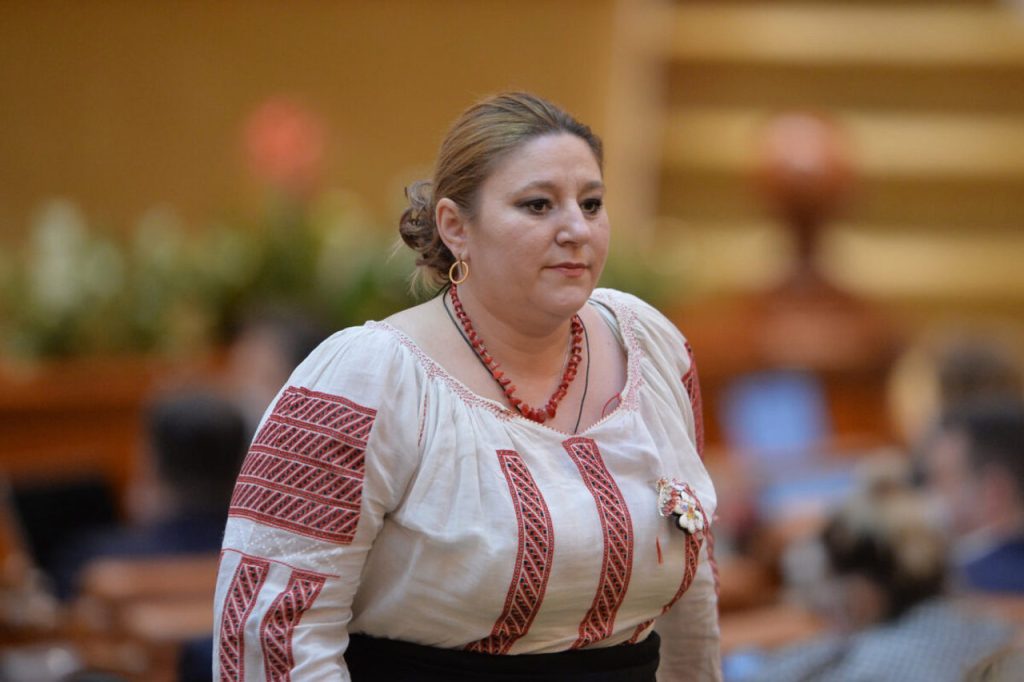
In December 2021, he caused a new scandal following an altercation with an Italian journalist filming near his office. By accusing the espionage journalist and criticizing Italy for alleged "imperialist tendencies", Soșoaca presented the incident as an act of defense of the sovereignty of Romania. His anti-European rhetoric-including the statement that "Romania belongs to Romanians, not Europe"-alarmed diplomatic environments and fueled the accusations of xenophobia.
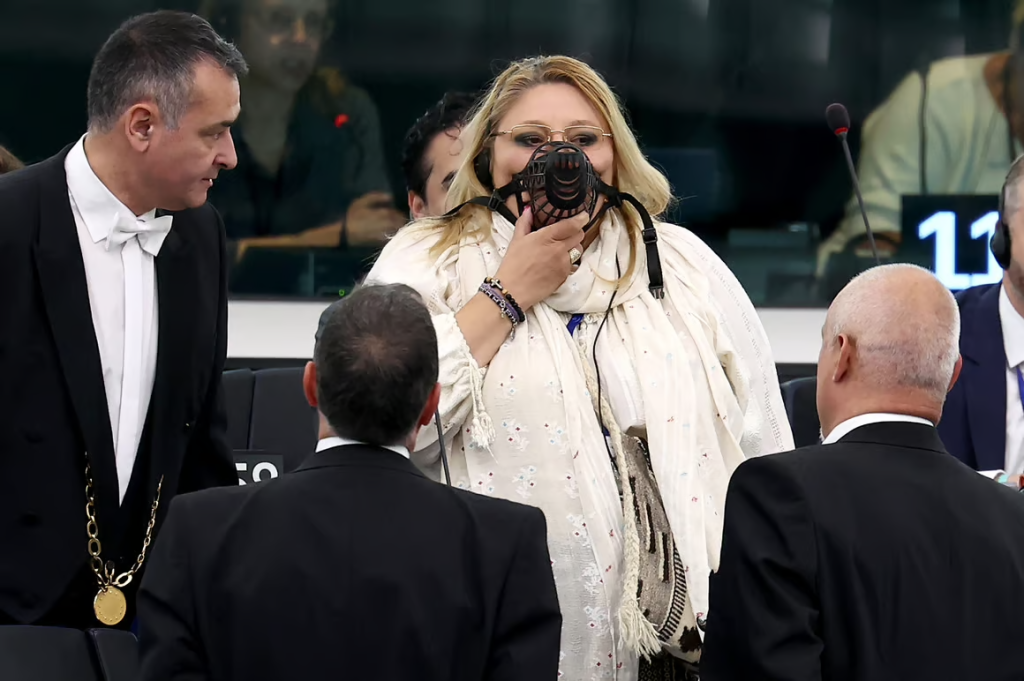
The Ukraine war gave him a new opportunity for controversial statements. While most Europe was supporting its support for Ukraine in front of the Russian invasion, the shock was questioned by its neighbor's Romania and even suggested that Romania should recover the historical territories in Ukraine. These statements, perceived as nationalist and provocative, were condemned because they threatened regional stability and seemed aligned with Russian narratives.
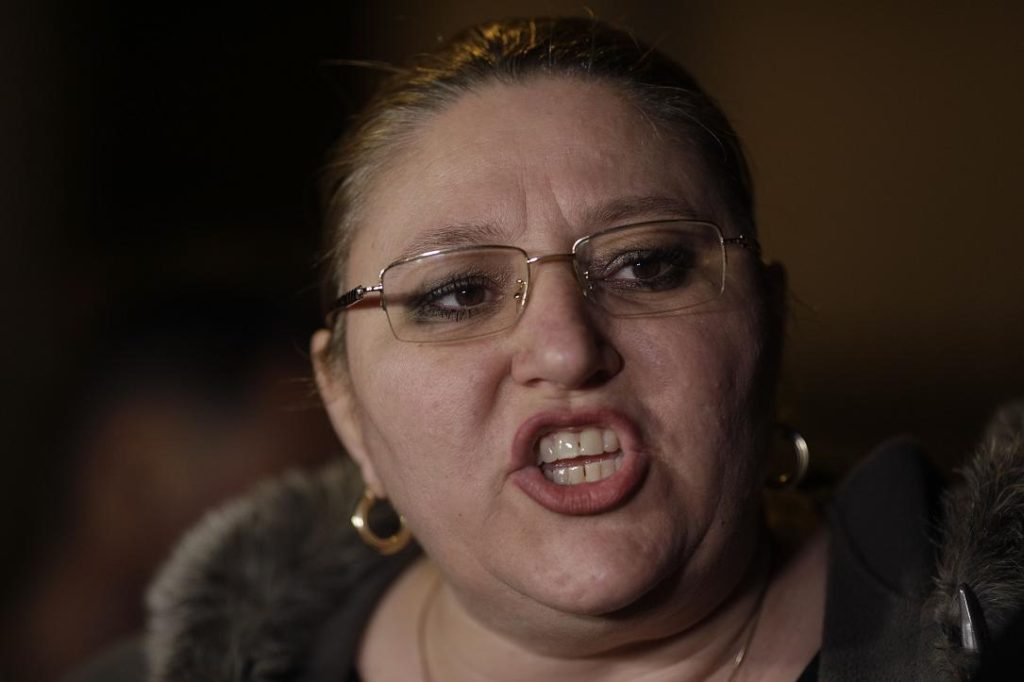
Internally, the shock frequently attacks the political class and state institutions. She called the Parliament "a treacherous institution" and warned on a "foreign occupation" of Romania, supplying the nationalist feelings, but being more isolated from the main political scene. His rhetoric outlines the image of a nation betrayed by its leaders and manipulated by external forces, a message that resonates with many Romanians disappointed by the current system.
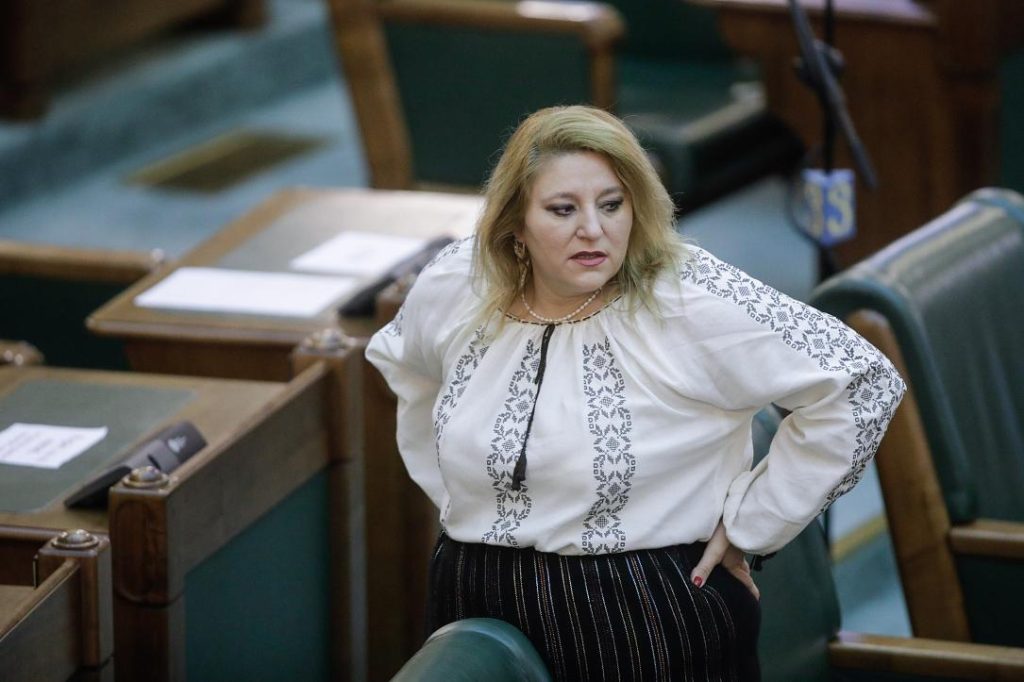
One of his most bizarre statements appeared in 2023, when he suggested that earthquakes could be caused by "secret military experiments of foreign powers." Although the experts immediately rejected the idea, it has gained ground among the conspiracy theories.
Despite the controversies, Diana Iovanovici-Şoșoaca has kept a solid nucleus of supporters. For them, she is a brave defender of Romania's independence and traditional values. For his critics, however, they represent the dangers of populism and misinformation in an increasingly volatile political climate.
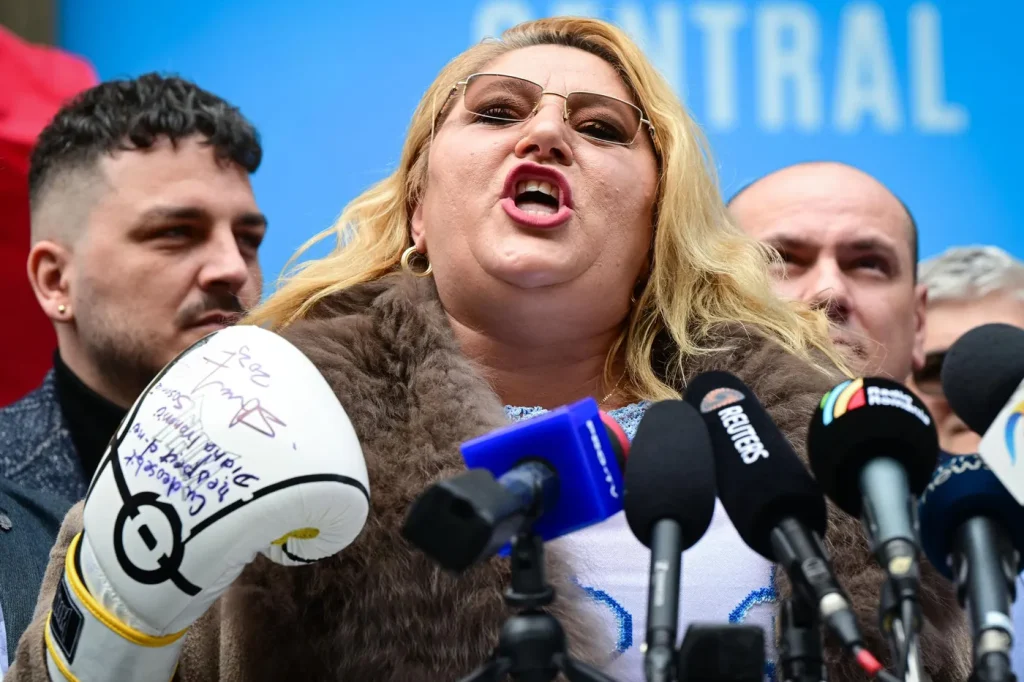
As Romania faces new internal and international challenges, the role of Şoșoacăi in configuring the political debate remains uncertain. It is certain, however, that his voice continues to challenge, disturb and divide.

Julianne Moore says he was told "try to appear prettier" by the initiate of the industry

